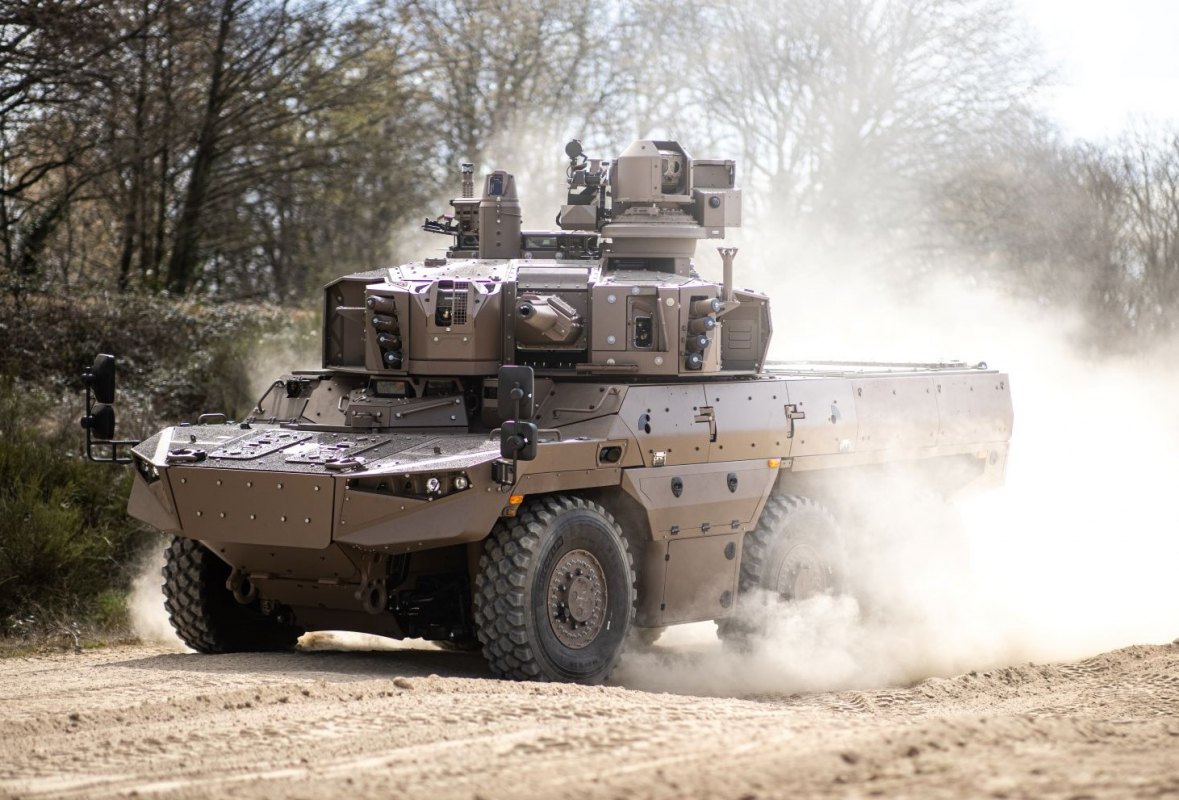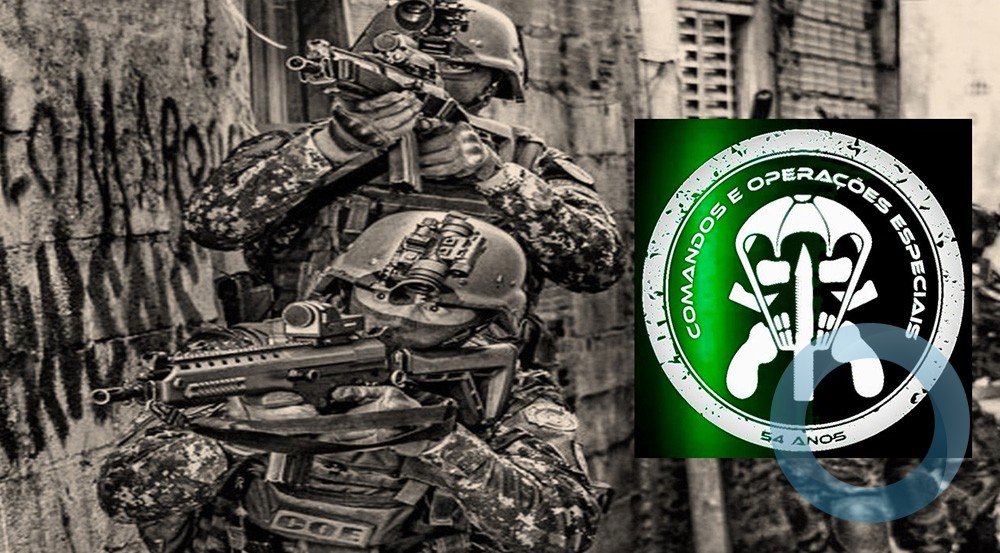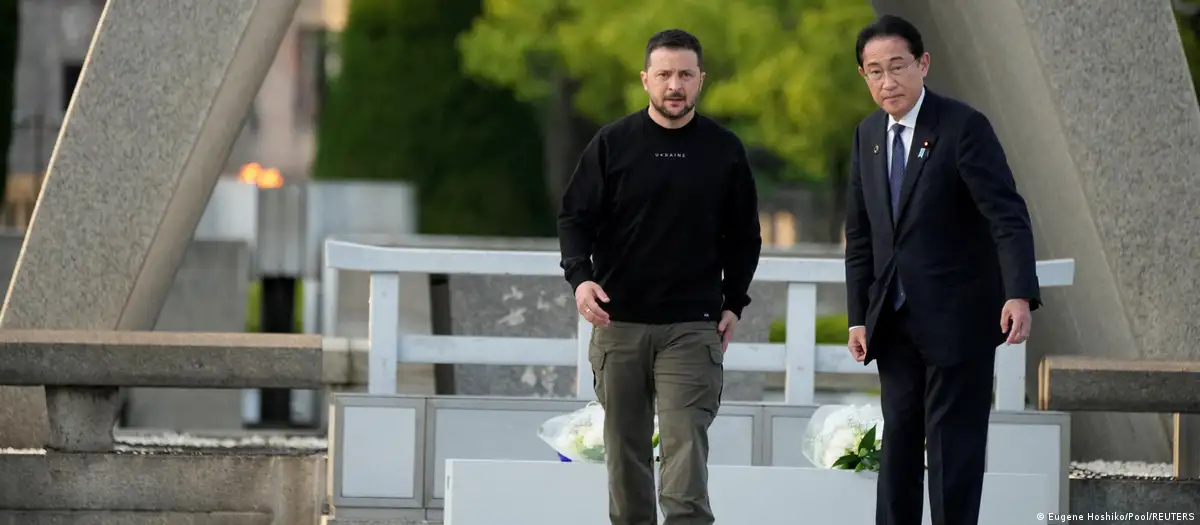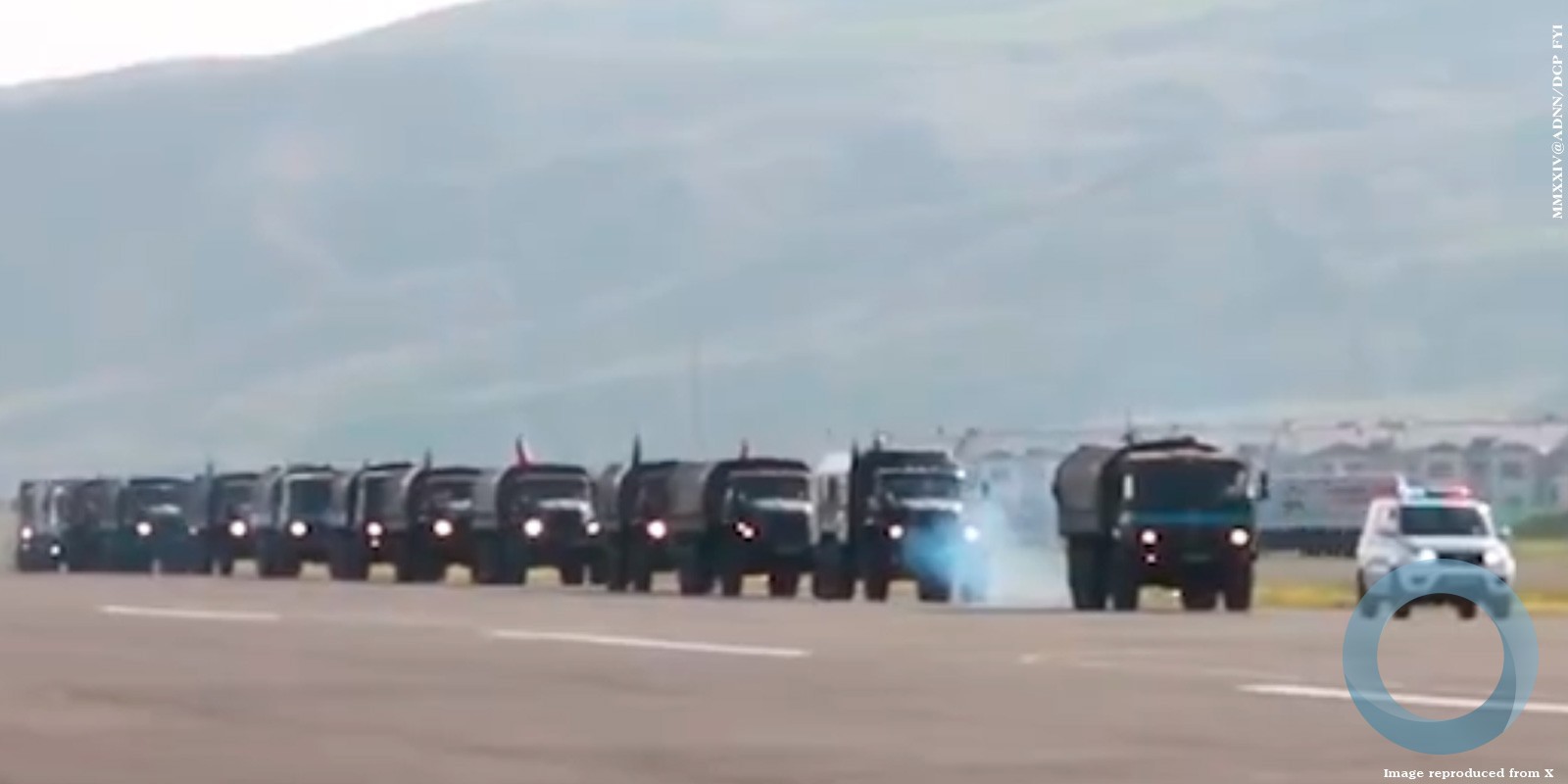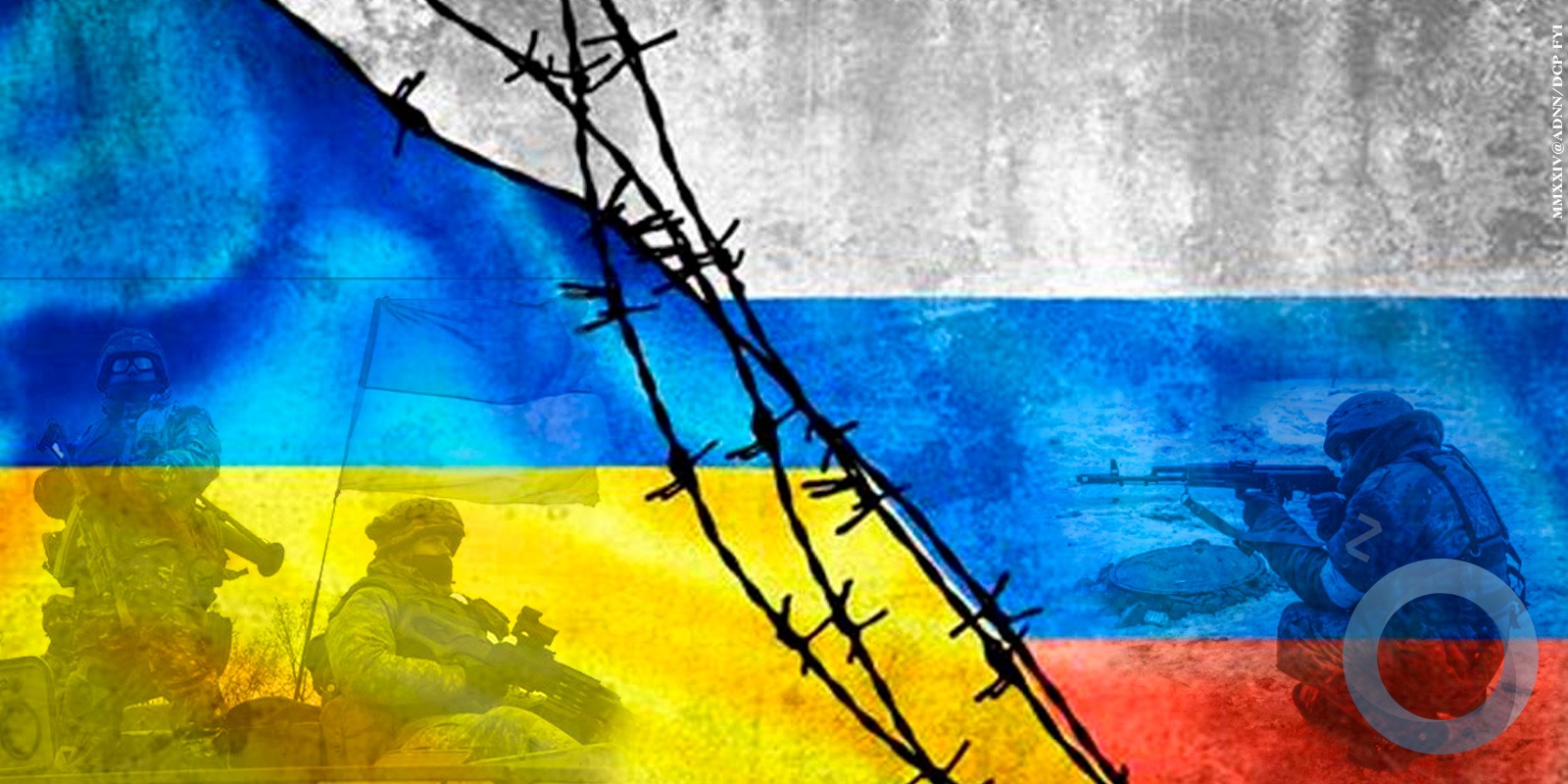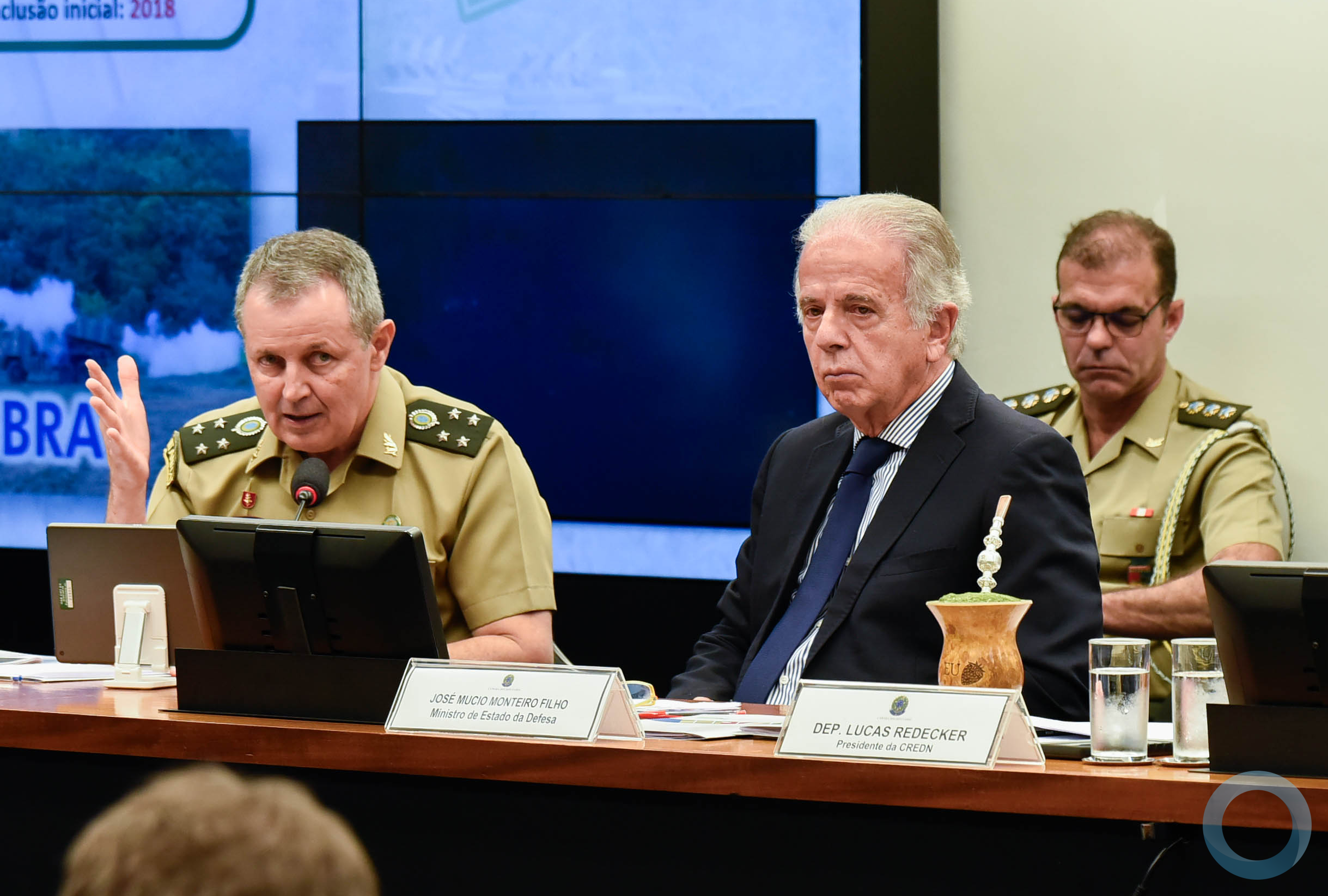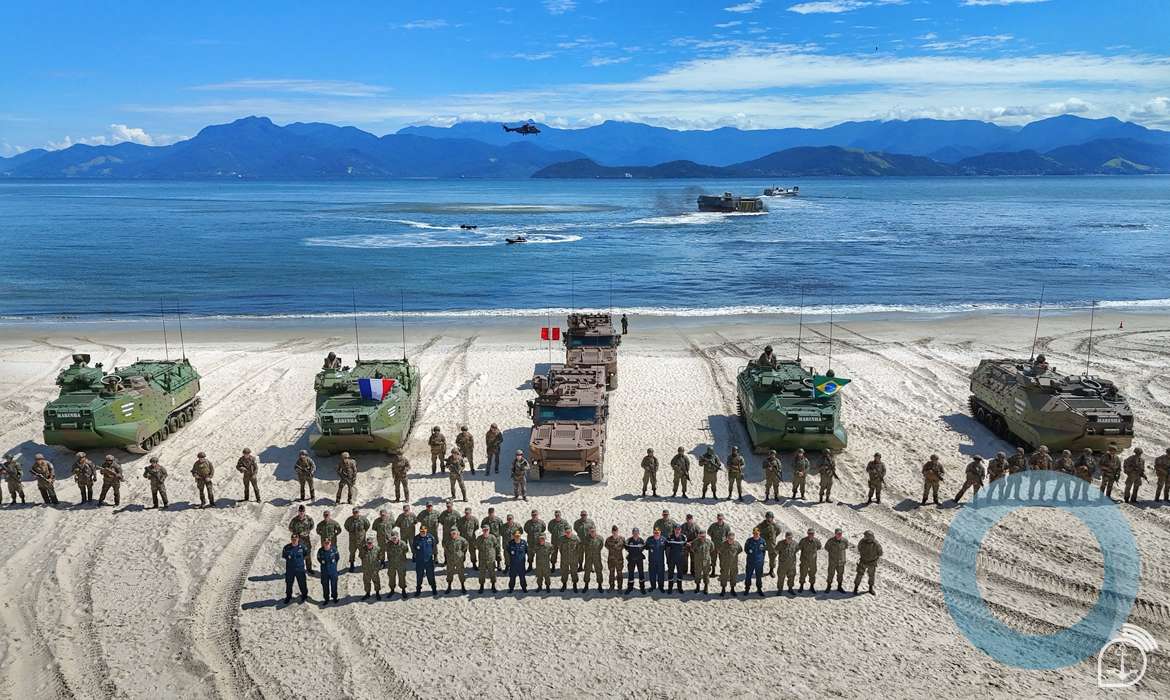![]()
![]()
Colonel Fernando Montenegro*
Rio de Janeiro's megalopolis has more than 10 million inhabitants and more than 1,000 slums. The region's terrain is extremely rugged and covered with forests. Some of the mountainsides that make up this panorama were used by the neediest inhabitants to build disorderly clusters of houses that became known as “favelas.”
However, a considerable portion of these tropical forests remain very well preserved. Taken together, the mountains of Tijuca Forest, Pedra Branca State Park, and Nova Iguaçu Municipal Park account for a huge area covering approximately 180 square kilometers. There are also kilometers of trails connecting the hundreds of favelas and neighborhoods that run along these mountains. It is an extremely beautiful landscape that was regularly frequented by hikers and ecotourism enthusiasts until just a few years ago.
It comes as no surprise that drug traffickers have been using these routes for quite some time. In the 1990s, the Brazilian Army’s 1st Special Forces Battalion was based in Rio de Janeiro and carried out some training in those areas. Authorities routinely found cartridges for different calibers of firearms and traces of campsites, but there is no record of clashes with the Army because the Military did not carry out operations to fight narco-trafficking. When armed groups detected the Army approaching, they simply fled.
Increase in criminal activity
There has been a significant increase in the circulation of groups made up of more than 40 armed criminals. Organized crime members use the trails to escape from police operations and/or to carry out attacks on areas controlled by rival gangs in the struggle for control over drug-dealing regions. Criminals also dump bodies in the forest, where drug traffickers now engage in behaviors similar to guerrilla groups like the Revolutionary Armed Forces of Colombia (FARC).
Organized crime groups persistently try to recruit Soldiers and former Military members, such as Paratroopers and Marines, to join the ranks of the drug trade by offering them tempting offers of high pay. In the 1990s, Non-commissioned officers and enlisted Commandos were among the main targets for recruitment. This was one of the main reasons that authorities transferred the 1st Special Forces Battalion's headquarters to Goiânia, the state capital of Goiás, in 2003.
The equipment, training, and, particularly, the logistics of law enforcement agencies operating in Rio de Janeiro are extremely limited and, in most cases, incompatible with forest areas. Most police officers have little or no experience operating in the jungle.
Jungle training program
Until 1995, the Army allowed Military police officers from the Special Operations Battalion (BOPE, for its Portuguese acronym) to enroll in the Jungle Warfare Course, at the Jungle Warfare Instructional Center (CIGS) . The last to complete the course was the former General Commander of the Military Police of Rio de Janeiro State, Colonel Pinheiro Neto. As of 1996, enrollment was no longer permitted and BOPE started to look for alternatives, such as Military training centers in Colombia and other countries.
In 2015, however, the agreement between the Jungle Warfare Instructional Center and BOPE was re-established, and one Sergeant has already successfully completed the course. We hope the partnership will continue.
In conclusion, it is essential that the public security entities in the state of Rio de Janeiro devote attention to drug traffickers’ utilization of Rio de Janeiro's forests, which presents an increasing risk to public safety and is transforming an area of environmental preservation into a refuge for armed criminals. Similarly, the Armed Forces must adopt procedures to prevent the recruitment of Soldiers, with special attention to the members of the elite forces.
* Colonel Fernando Montenegro commanded the pacification of the favelas of Rio de Janeiro (2011-2012); served in the Special Forces of the Brazilian Army; served as the Chief Instructor at the Jungle Warfare Training Center (2009-2010); and holds a Master’s Degree in Military Sciences.






